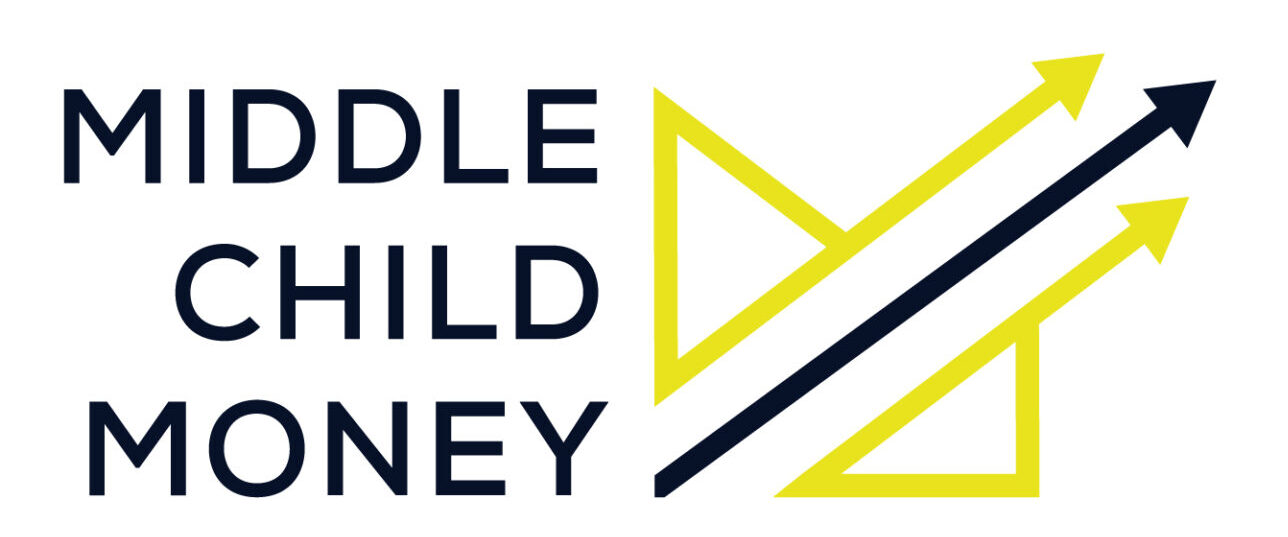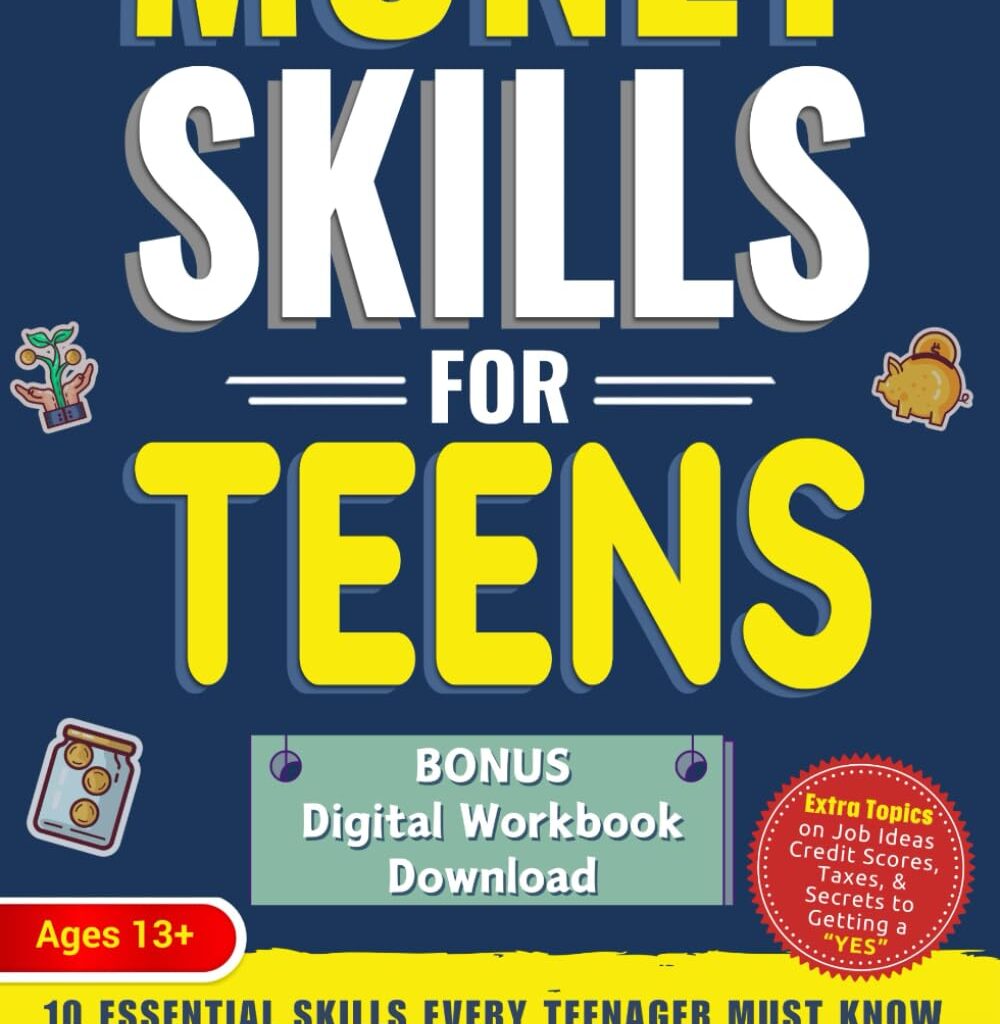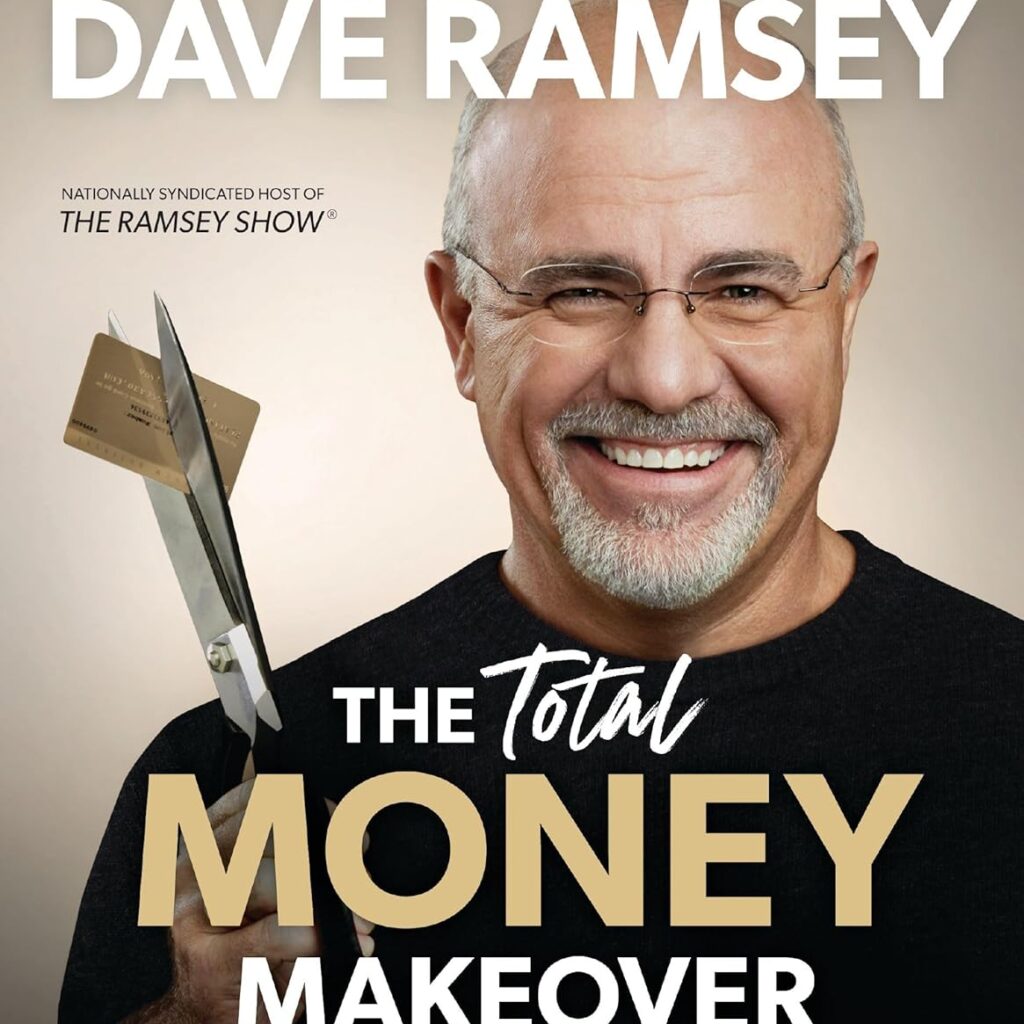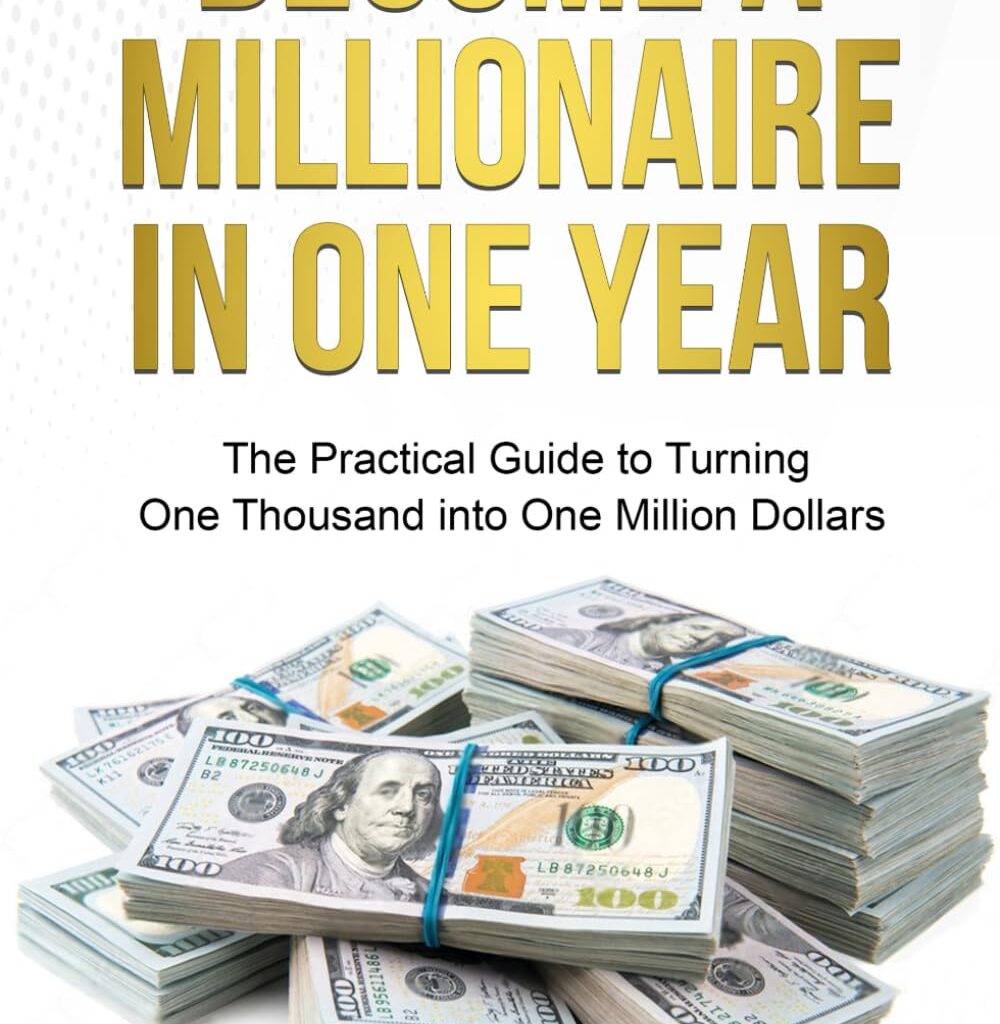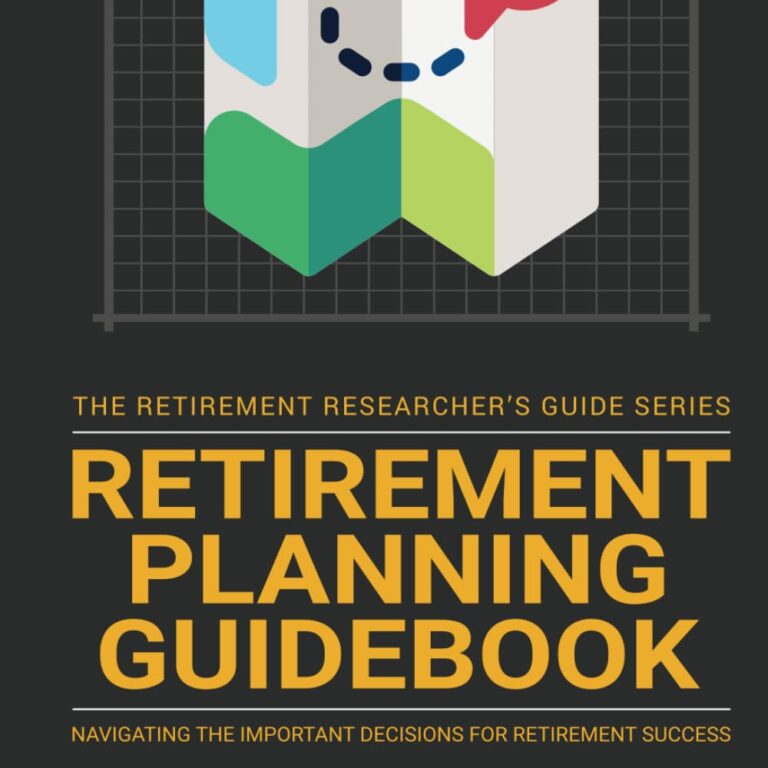Disclaimer: This article contains affiliate links, which means I may receive a small commission if you make a purchase through one of the links, at no extra cost to you. We maintain our editorial excellence by vetting all of these offers, and ensuring top quality content for our Middle Child Money Crew! This helps support the running of MiddleChildMoney.com. Thank you for your support!
Welcome Middle Child Money Crew! Are you desperately searching for help with your debt? Do you lie awake at night, wondering how to get out of debt and regain control of your finances? You’re not alone. Millions of Americans struggle with debt, facing the overwhelming burden of credit card balances, student loans, medical bills, and more. The good news is that there are effective strategies to help you get out of debt and pave the way to financial freedom.
Debt can feel like a heavy weight, dragging you down and limiting your choices. It can affect your mental health, relationships, and even your career prospects. But it’s important to remember that debt is not a life sentence. With the right approach and a commitment to change, you can overcome your financial challenges and build a brighter future.
In this comprehensive guide, we’ll explore eight powerful debt management strategies that can help you get out of debt and stay out. Whether you’re dealing with a mountain of credit card debt, struggling with student loans, or facing a combination of financial obligations, these strategies can provide the roadmap you need to regain control of your finances.
Before we dive into the strategies, it’s crucial to understand that getting help with your debt is not a sign of failure. In fact, recognizing that you need assistance and taking action is a brave and intelligent first step. Many people have successfully navigated their way out of debt using these methods, and you can too.
Remember, the journey to become debt-free is not always easy or quick. It requires patience, discipline, and sometimes tough choices. But the freedom and peace of mind that come with financial stability are worth every effort. As you read through these strategies, keep in mind that you don’t have to implement them all at once. Start with what feels most manageable for your situation and gradually incorporate more as you gain confidence and momentum.
Are you ready to take control of your financial future? Let’s explore the eight powerful strategies that can help you get out of debt and build a solid foundation for financial success.
Create a Realistic Budget
Budgeting is the cornerstone of sound financial management and the first step in tackling your debt. Start by meticulously listing all your income sources, including your primary job, side hustles, and any passive income streams. Next, catalog every monthly expense, from fixed costs like rent and utilities to variable expenses such as groceries and entertainment.
Be brutally honest with yourself about your spending habits. This process might be eye-opening and even uncomfortable, but it’s crucial for creating an accurate financial picture. Identify areas where you can cut back and redirect funds towards debt repayment. Could you reduce your dining out expenses? Are there subscriptions you rarely use?
To get a truly accurate picture of your spending, track every expense diligently for at least a month. This means recording even small purchases like coffee or snacks. Use budgeting apps like Mint, YNAB, or Personal Capital to make this process easier and more automated. These tools can categorize your expenses and provide insightful reports on your spending patterns.
Remember, a budget is a living document that should be reviewed and adjusted regularly. Set aside time each month to review your budget, assess your progress, and make necessary adjustments. Allocate a specific amount for debt repayment in your budget and make this a top priority. Even if it means reducing discretionary spending, the long-term benefits of becoming debt-free far outweigh short-term sacrifices.
Prioritize Your Debts
Not all debts are created equal, and understanding this is crucial in your journey to get out of debt. Some debts carry higher interest rates, while others may have more severe consequences if left unpaid. Start by creating a comprehensive list of all your debts, including credit card balances, personal loans, student loans, and any other outstanding balances.
For each debt, note down the creditor, total balance, interest rate, minimum payment, and due date. This information will help you decide which debt to tackle first. There are two popular methods for prioritizing debt repayment: the debt avalanche and the debt snowball.
The debt avalanche method focuses on paying off high-interest debts first. After making minimum payments on all debts, you put any extra money towards the debt with the highest interest rate. This approach saves you the most money on interest in the long run. For example, if you have a credit card debt at 20% interest and a student loan at 5%, you’d focus on the credit card debt first.
Alternatively, you might prefer the debt snowball method. This strategy involves paying off the smallest debts first, regardless of interest rate. While you still make minimum payments on all debts, you put extra money towards the smallest balance. As you pay off each small debt, you roll that payment into the next smallest debt, creating a “snowball” effect. This method can provide quick wins and psychological motivation to keep going.
Recommended Reading
Negotiate with Creditors
Many people don’t realize that creditors are often willing to negotiate terms, especially if you’re proactive about addressing your debt. Reach out to your creditors and explain your financial situation honestly. They may be open to lowering your interest rate, waiving certain fees, or even settling for a lower payoff amount.
When you contact your creditors, ask about hardship programs if you’re experiencing financial difficulties. Many credit card companies and lenders offer temporary payment reductions, interest rate reductions, or payment deferrals for customers facing hardship. These programs can provide much-needed breathing room while you get back on your feet.
Be prepared with a realistic proposal when you contact your creditors. If you’re asking for an interest rate reduction, do some research on current market rates and your credit score. If you’re requesting a settlement, be prepared to explain why you can’t pay the full amount and what you can realistically afford.
Remember, creditors would rather work with you than risk not getting paid at all or having you file for bankruptcy. Don’t be afraid to advocate for yourself and explore all available options. If you’re not comfortable negotiating on your own, consider working with a reputable credit counseling agency that can negotiate on your behalf.
Consider Debt Consolidation
Debt consolidation can be a powerful tool to simplify your finances by combining multiple debts into one. This strategy often results in a lower overall interest rate and can make your debt more manageable with a single monthly payment. However, it’s important to understand the pros and cons before deciding if consolidation is right for you.
There are several ways to consolidate debt. Personal loans are a popular option, allowing you to borrow a lump sum to pay off multiple debts. Look for loans with lower interest rates than your current debts. Balance transfer credit cards are another option, offering low or 0% introductory APR periods. This can be particularly effective for high-interest credit card debt.
When considering consolidation, research different options thoroughly. Compare interest rates, terms, and any fees associated with consolidation, such as balance transfer fees or loan origination fees. Use online calculators to determine potential savings and payoff timelines with different consolidation options.
Keep in mind that debt consolidation doesn’t eliminate your debt; it’s a tool to make repayment easier and potentially save on interest. It’s crucial to address the root causes of your debt and continue practicing good financial habits alongside consolidation. Avoid taking on new debt while paying off your consolidated loan, and stick to your budget to ensure success.
Increase Your Income
Boosting your income can significantly accelerate your debt repayment journey. Start by exploring opportunities within your current job. Consider asking for a raise, especially if you’ve taken on additional responsibilities or achieved notable successes. Before approaching your employer, research industry standards for your position and prepare a compelling case highlighting your value to the company.
If a raise isn’t feasible, look for side hustles or part-time work to supplement your income. The gig economy offers numerous opportunities, from freelancing and tutoring to driving for ride-share services or delivering food. Explore platforms like Upwork, Fiverr, or TaskRabbit to find gigs that match your skills and schedule.
Don’t overlook the potential of turning your hobbies or skills into income streams. Could you sell handmade crafts on Etsy? Offer photography services for local events? Teach online courses in your area of expertise? Think creatively about ways to monetize your talents and interests.
Another strategy is to sell items you no longer need or use. Host a garage sale, use online marketplaces like eBay or Facebook Marketplace, or try consignment shops for higher-value items. Go through your home systematically, identifying items that could be converted to cash. Remember, every dollar earned can be put towards debt repayment, bringing you closer to financial freedom.
Avoid New Debt
While working on existing debt, it’s crucial to avoid taking on new debt. This might require significant lifestyle changes and a shift in your mindset about spending. Start by identifying your debt triggers. Do you overspend when stressed? Are you prone to impulse purchases? Understanding these patterns is the first step in changing them.
Consider cutting up or freezing your credit cards if overspending is a persistent problem. While this might seem drastic, it can be an effective way to break the cycle of debt. Switch to cash or a debit card for daily expenses. This tangible connection to your money can make you more mindful of your spending.
Learn to distinguish between wants and needs. Before making a purchase, ask yourself if it’s truly necessary. Implement a waiting period for non-essential purchases – for example, wait 48 hours before buying anything over $50. Often, the urge to buy will pass, saving you money and potential debt.
Find free or low-cost alternatives for entertainment and socializing. Explore your local library for books, movies, and even museum passes. Take advantage of parks and nature trails for outdoor activities. Look for free community events, concerts, or workshops. Remember, living on a budget doesn’t mean you can’t enjoy life; it just requires more creativity and planning.
Seek Professional Help
Sometimes, managing debt on your own can be overwhelming, and it’s important to recognize when you need professional help. Don’t hesitate to seek assistance if you’re struggling to make progress or feeling constantly stressed about your finances. Credit counseling agencies offer valuable guidance and support for those dealing with debt.
Look for reputable, non-profit credit counseling organizations accredited by the National Foundation for Credit Counseling (NFCC) or the Financial Counseling Association of America (FCAA). These agencies offer free or low-cost consultations where they review your financial situation and provide personalized advice. They can help you develop a budget, offer strategies for debt repayment, and even negotiate with creditors on your behalf.
In some cases, a credit counselor might recommend a Debt Management Plan (DMP). Under a DMP, the counseling agency works with your creditors to potentially lower interest rates and waive fees. You make a single monthly payment to the agency, which then distributes payments to your creditors. This can simplify your debt repayment and potentially save you money on interest.
For long-term financial planning, consider consulting a financial advisor. While this might seem like an unnecessary expense when you’re in debt, investing in professional advice can pay off significantly in the long run. A financial advisor can help you develop strategies not just for debt repayment, but also for building wealth and achieving future financial goals.
Stay Motivated and Celebrate Milestones
Debt repayment is a marathon, not a sprint, and staying motivated throughout the journey is crucial. Set small, achievable goals along the way to your larger debt-free goal. These might include paying off a specific credit card, reaching a certain overall debt reduction, or consistently sticking to your budget for several months.
Celebrate each milestone, no matter how small. Rewards don’t have to be expensive – treat yourself to a movie night at home, a favorite home-cooked meal, or a day trip to a nearby attraction. The key is to acknowledge your progress and reinforce positive financial behaviors.
Visualize your progress with charts or debt trackers. Seeing your debt decrease can be incredibly motivating. Create a visual representation of your debt payoff journey – this could be a simple thermometer chart on your fridge or a more elaborate spreadsheet. Update it regularly and display it prominently as a constant reminder of your progress.
Share your goals with supportive friends or family members. Having an accountability partner can provide encouragement during tough times and someone to celebrate victories with. Consider joining online communities or local support groups focused on debt repayment. Surrounding yourself with like-minded individuals can provide inspiration, tips, and moral support.
Remember why you started this journey. Write down your reasons for wanting to get out of debt and revisit them regularly. Maybe you want financial security, the ability to buy a home, or the freedom to change careers. Keep these goals in mind during tough times. Imagine in detail how it will feel to be debt-free and financially secure.
By implementing these strategies, you can take control of your debt and work towards financial freedom. Remember, getting out of debt takes time and effort, but the results are worth it. Stay committed, be patient with yourself, and celebrate every step forward on your debt-free journey. With persistence and the right strategies, you can overcome your debt and build a solid financial future.
Conclusion
As we’ve explored these eight powerful strategies to help with your debt, you may feel a mix of emotions – hope, determination, and perhaps a bit of overwhelm. Remember, the journey to get out of debt is a marathon, not a sprint. Each step you take, no matter how small, brings you closer to your goal of financial freedom.
Implementing these strategies requires commitment and perseverance. There may be setbacks along the way, but don’t let them discourage you. Many people have successfully used these methods to overcome seemingly insurmountable debt. With patience and consistency, you too can join their ranks.
As you work to get out of debt, it’s essential to keep your long-term financial health in mind. While focusing on debt repayment, start thinking about building an emergency fund, saving for retirement, and investing for the future. These goals might seem distant now, but as you make progress on your debt, you’ll find more resources to allocate towards building wealth.
Remember that seeking help with your debt is a sign of strength, not weakness. Don’t hesitate to reach out to professionals, support groups, or trusted friends and family members when you need encouragement or advice. Surrounding yourself with a supportive network can make a significant difference in your debt repayment journey.
As you implement these strategies to get out of debt, you may find that your relationship with money changes. You might become more mindful of your spending, more appreciative of what you have, and more confident in your ability to manage your finances. These are valuable skills that will serve you well long after you’ve paid off your last debt.
Finally, celebrate your progress along the way. Each debt you pay off, each budget you stick to, and each financial goal you achieve is a victory worth acknowledging. These celebrations will help keep you motivated and remind you of how far you’ve come.
Remember, getting out of debt is not just about the numbers – it’s about reclaiming your peace of mind, your options, and your future. With these strategies and your determination, you have the tools you need to transform your financial life. The path to becoming debt-free starts with a single step. Are you ready to take that step today?
Your journey to financial freedom begins now. Embrace these strategies, stay committed to your goals, and look forward to the day when you can say with pride and relief, “I’m debt-free!”
Disclaimer
The content provided on Middle Child Money is for informational and entertainment purposes only. We are not licensed financial advisors, and the information shared on this blog should not be considered professional financial advice. We encourage all readers to consult with a licensed financial professional to discuss their individual financial situations and needs. The opinions expressed on this blog are solely those of the author, Nate Bradley, and do not reflect the views of any affiliated organizations. Middle Child Money cannot be held liable for any actions taken based on the information provided on this site.

Investment Strategies for 2025: Navigating Markets in the New Trump Era


10 Smart Family Financial Goals for 2025: A Comprehensive Guide to Financial Success

What the Fed’s Recent Interest Rate Cut Means for Your Wallet: 5 Key Takeaways for Families

Smart Stock Evaluation: How to Determine Good Investments in Today’s Market

